Chinese tech heavyweight Baidu Inc said the U.S. government's latest chip export control rules will have a limited impact on the company in the near term.
Robin Li, co-founder and CEO of Baidu, said in an earnings call with investors on Tuesday night that the company has a substantial reserve of artificial intelligence chips, which can help it keep improving Ernie Bot, Baidu's ChatGPT-like large language model, over the next one or two years.
"Inference requires less powerful chips, and we believe our chip reserves, as well as other alternatives, will be sufficient to support lots of AI-native apps for the end users," Li said.
However, Li noted that in the long run, having difficulties in acquiring the most advanced chips inevitably will have an impact on the pace of AI development in China, and therefore Baidu is proactively seeking alternatives.
While these options are not as advanced as the best chips in the U.S., the company's four-layer AI architecture and the strength in AI algorithm will continue to help it improve efficiency and mitigate some of these challenges, Li added.
For instance, Baidu has made some innovations in its deep learning framework PaddlePaddle and its foundation model Ernie to allow them to be better compatible with different types of AI chips.
Tencent Holdings Ltd also said in an earlier earnings call that the company's stockpile of H800 chips developed by U.S. AI chip company Nvidia is large enough to sustain development of its AI model, Hunyuan, for the foreseeable future, adding it will figure out ways to make usage of AI chips more efficiently.










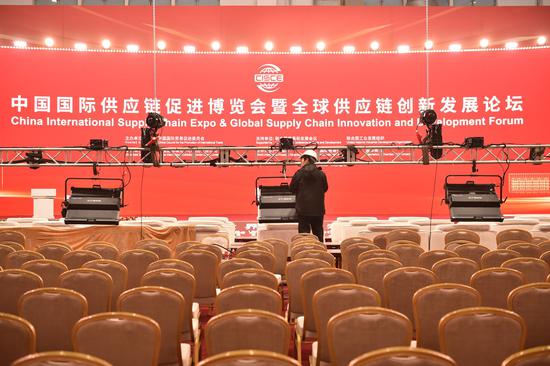

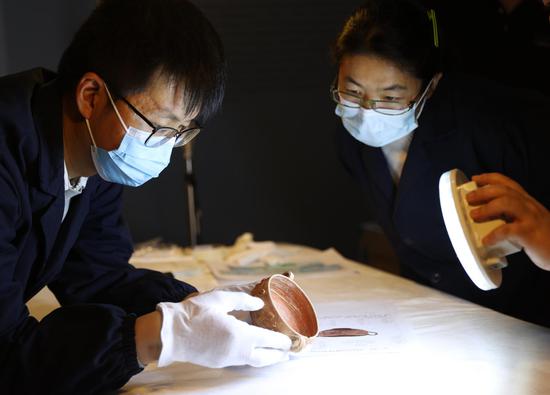











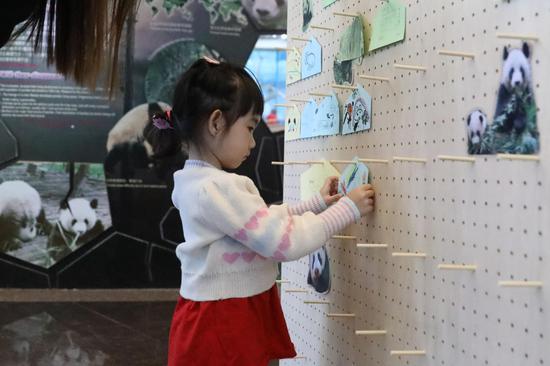
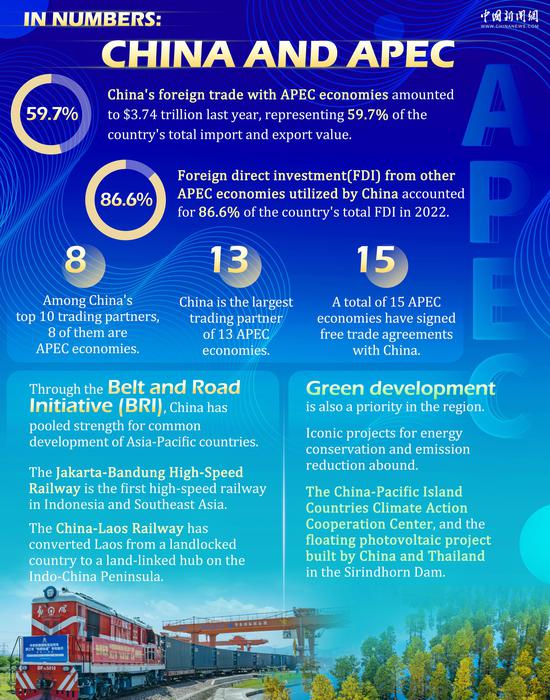





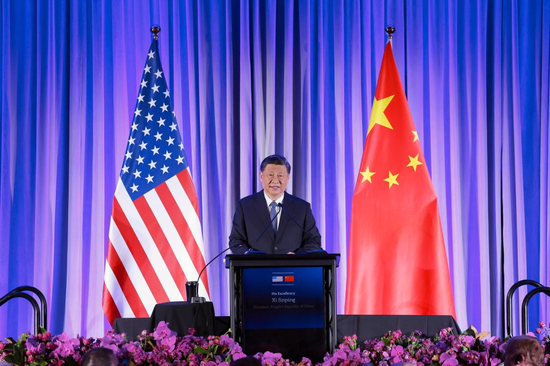
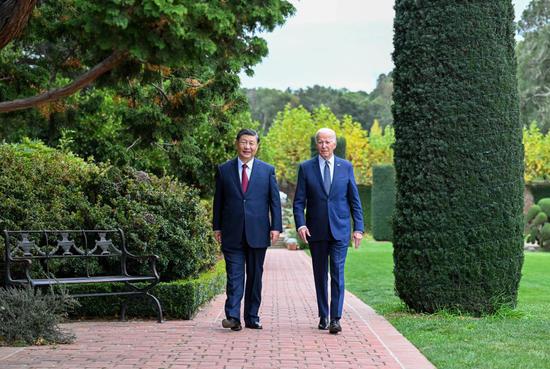

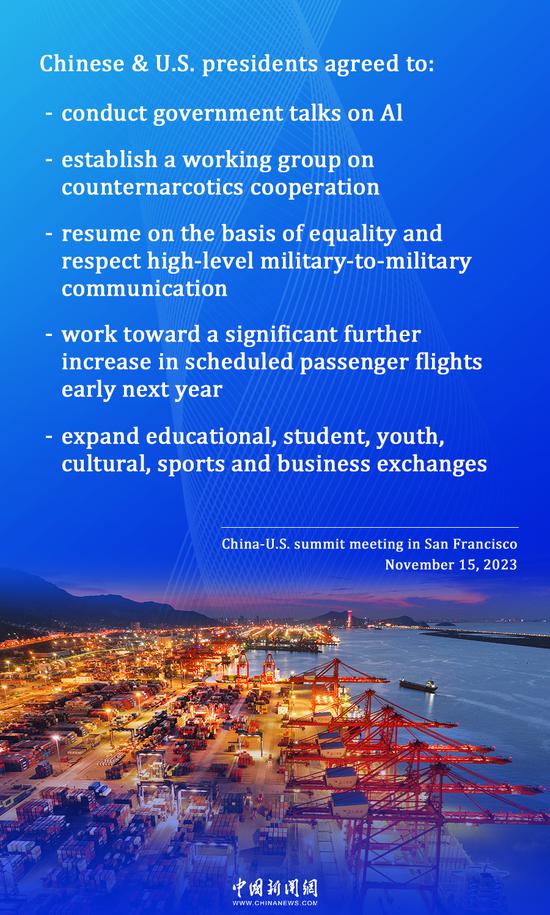
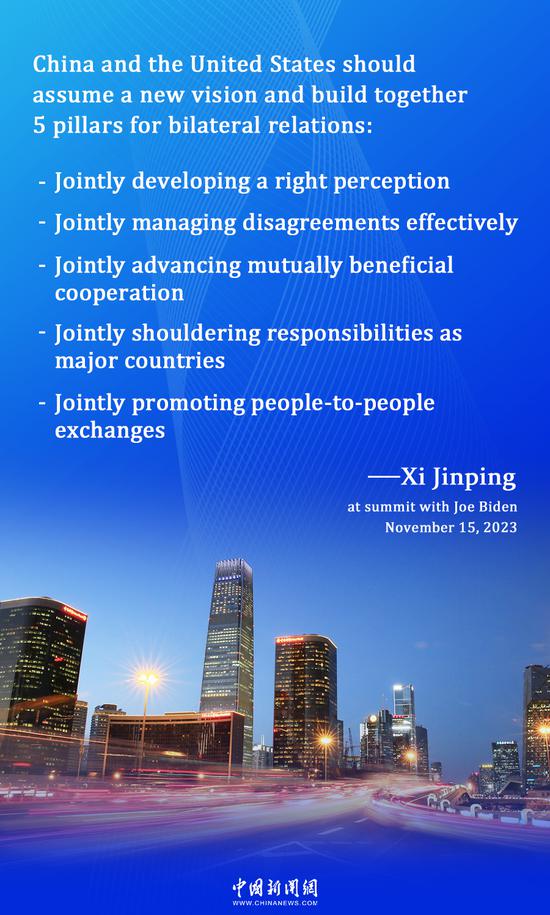
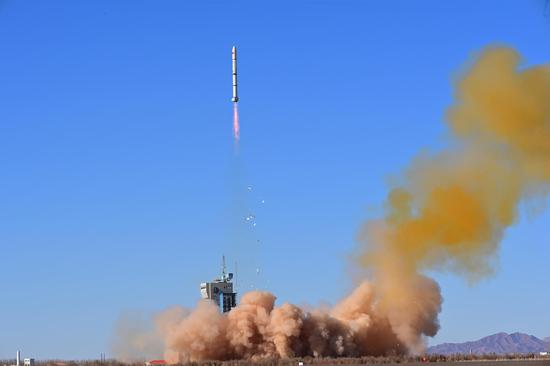
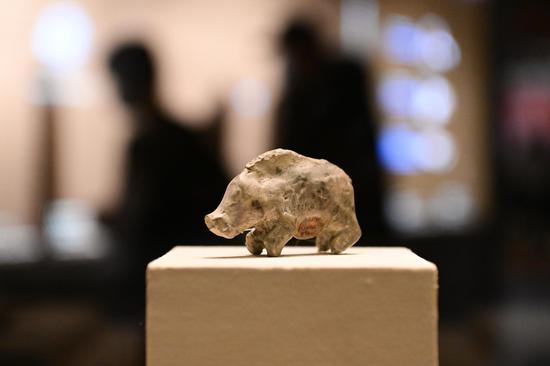

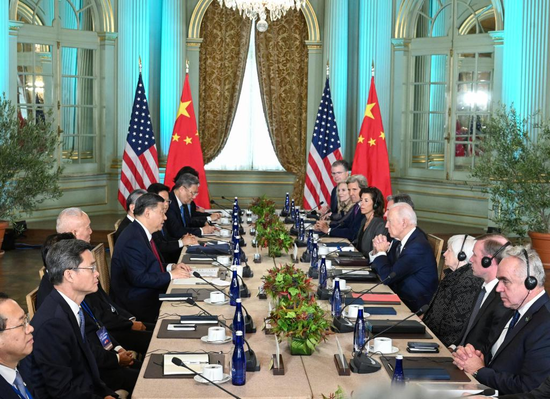










 京公网安备 11010202009201号
京公网安备 11010202009201号